Search
Search within Haiti
8 results found
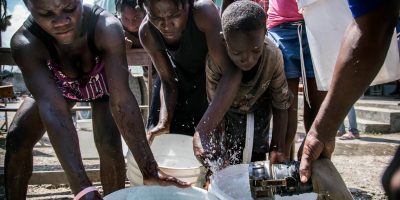
Case Studies
Participation with a Cholera-Exposed Population in Haiti: Finding their Own Solutions
Case study looking at the challenge of cholera in Haiti
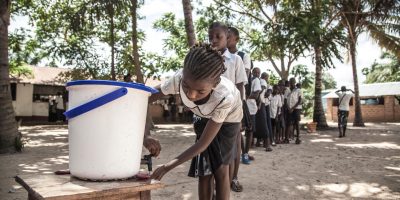
Background Reports
Perceptions of Health Communication, Water Treatment and Sanitation in Artibonite Department, Haiti, March-April 2012
The international response to Haiti’s ongoing cholera outbreak has been multifaceted, including health education efforts by community health workers and the distribution of free water treatment products. Artibonite Department was the first region affected by the outbreak. Numerous organizations have…
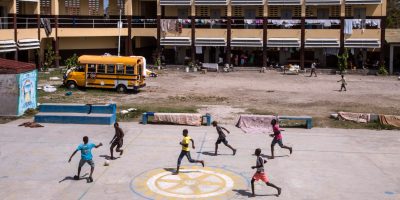
Evidence Reviews
Culture and Mental Health in Haiti
This paper reviews and summarizes the available literature on Haitian mental health and mental health services. This review was conducted in light of the Haitian earthquake in January 2010. We searched Medline, Google Scholar and other available databases to gather…
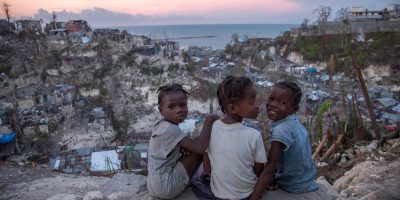
Briefings
Foresight Papers
Hurricane Matthew: Haiti Needs Vaccines to Stop Deadly Cholera Spreading
9,000 people died in Haiti’s last cholera outbreak. We must act fast in disaster-affected hotspots to help prevent history repeating itself.
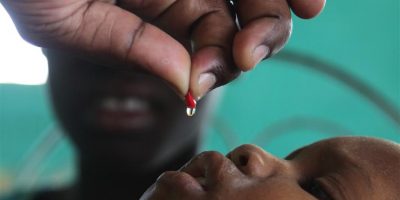
Background Reports
Rapid Monitoring in Vaccination Campaigns during Emergencies: The post-Earthquake Campaign in Haiti
The earthquake that struck Haiti in January 2010 caused 1.5 million people to be displaced to temporary camps. The Haitian Ministry of Public Health and Population and global immunization partners developed a plan to deliver vaccines to those residing in…
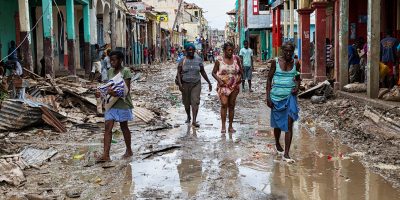
Background Reports
Measuring the Way Forward in Haiti: Grounding Disaster Relief in the Legal Framework of Human Rights
This article provides results from an online survey of humanitarian workers and volunteers that was conducted in May and June 2010. The purpose of the survey was to understand how the humanitarian aid system adopts or incorporates human rights into…
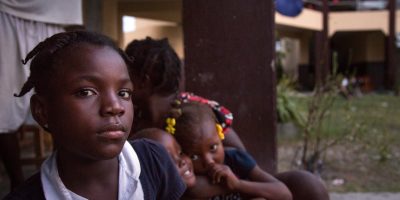
Background Reports
Prioritizing Health: A Human Rights Analysis of Disaster, Vulnerability, and Urbanization in New Orleans and Port-au-Prince
Climate change prompts increased urbanization and vulnerability to natural hazards. Urbanization processes are relevant to a right to health analysis of natural hazards because they can exacerbate pre-disaster inequalities that create vulnerability. The 2010 earthquake in Port-au-Prince and the 2005…
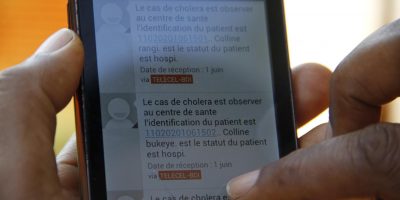
Evidence Reviews
Call Detail Records: The Use of Mobile Phone Data to Track and Predict Population Displacement in Disasters
Information about the displacement of people after disasters is crucial in determining the scale and impact of the emergency, and is vital for conducting humanitarian needs assessment on the ground. Methods to forecast or detect such migration are however very…


